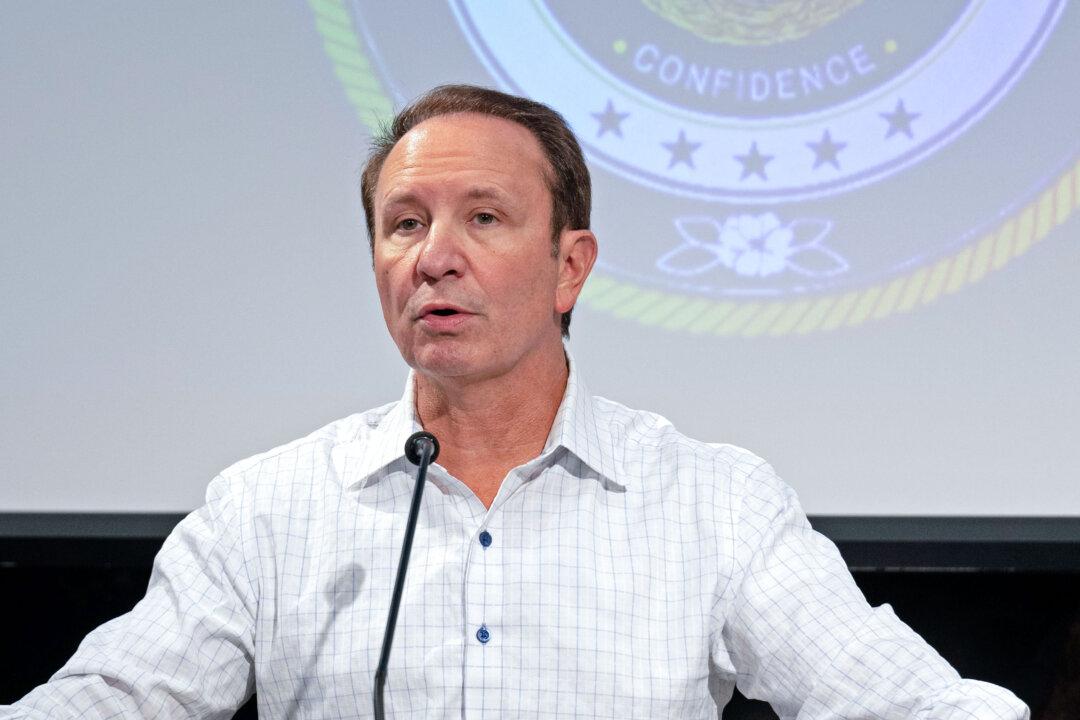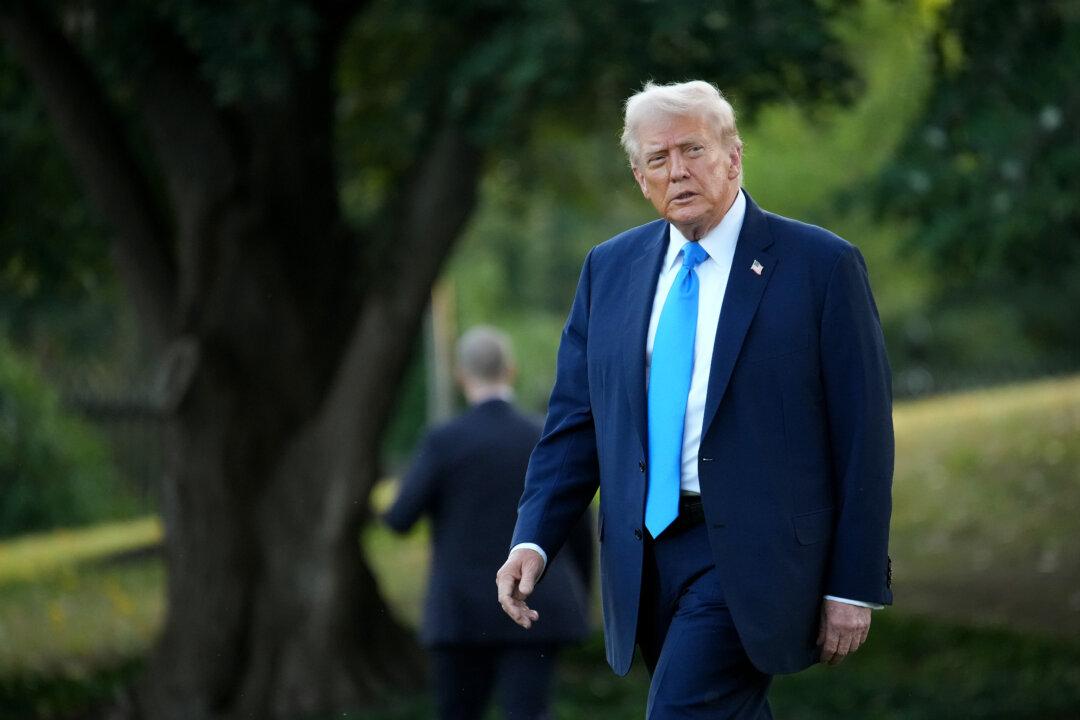The U.S. Food & Drug Administration (FDA) on Monday declined to approve two cancer treatment drugs developed by drugmakers who tested their products mainly in China.
The federal agency’s rejection is a sign of an increasingly tough U.S stance on drugs being tested solely in China, after some drugmakers moved to save costs by conducting clinical trials only in China.





